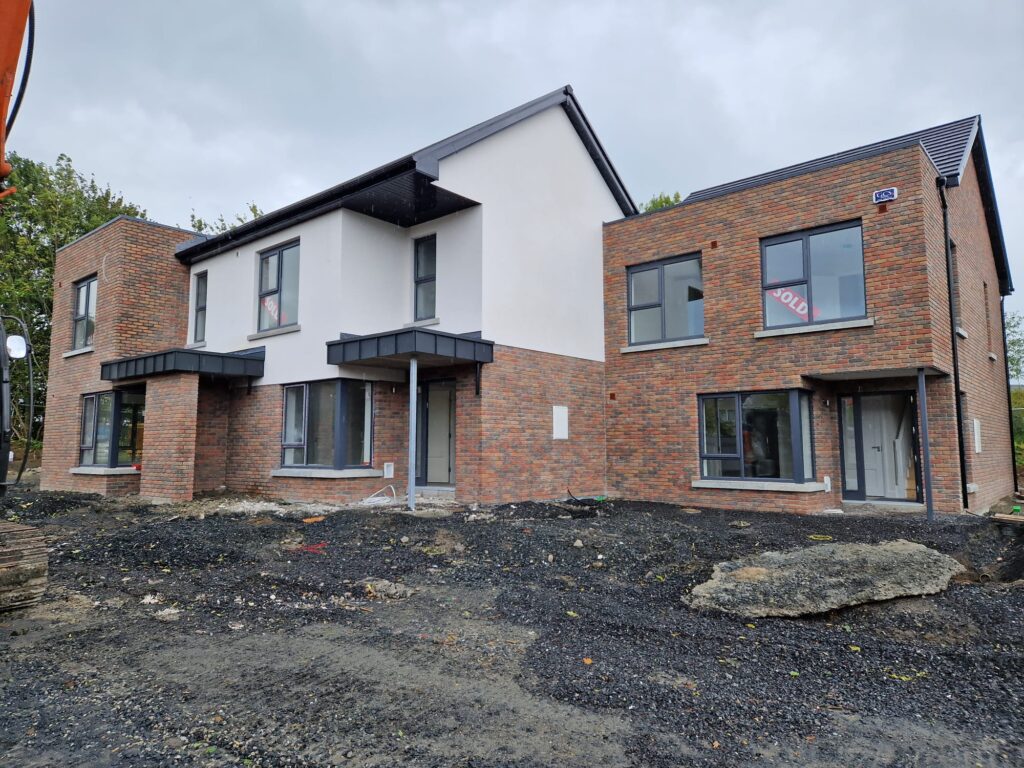Addressing the Challenges in Ireland’s Housing Sector

An Urgent Call to Action
Ireland’s housing delivery landscape, as depicted recently by Brendan McDonagh, the head of the National Asset Management Agency (NAMA), in the Irish Examiner, paints an unencouraging picture. The NAMA chief talks about his concerns about spiraling costs and procedural roadblocks that currently stand in the way of housing delivery, mainly the soaring cost of building apartments and the significant cost of obtaining planning approval. Budget 2024 promises to address some of these and other challenges to housing delivery but the industry is cynical.
A recurring theme, both from the views of McDonagh and from a host of pre-budget submissions, as detailed in The Irish Times, revolves around the affordability and access of homes. Proposals like increasing the Help-to-Buy (HTB) grant, revising its threshold, and reintroducing mortgage interest relief reflect the urgency to provide immediate help to homebuyers. An extension of the First-Home Scheme and other similar measures, could provide a cushion against increasing house prices nationwide.
While affordability for homebuyers remains a priority issue for the State, an equally pressing matter is the cost of development that developers and industry professionals have consistently pointed out. Scrapping or at least reducing some of the levies, notably the VAT on new homes and the controversial 5 percent concrete levy, could pave the way for more financially viable housing projects. Also, the so-called “soft costs” that inflate the project budgets need to be addressed, possibly through the removal or reduction of development levies, creating a more attractive environment for housing projects to be delivered.
Planning is a recurrent theme when we talk about development challenges and it is becoming increasingly clear that the often inevitable judicial reviews are not just procedural formalities; they represent significant barriers to delivery, both in terms of time and costs. An entirely different approach, perhaps by greater resourcing of An Bord Pleanála (controversial) and/or the High Court, as proposed by some industry voices, could expedite the planning process, offering developers a more predictable and streamlined journey through the planning process.
The ongoing exodus of small landlords from the rental market cannot be ignored or left unaddressed. Introducing a range of tax incentives, as some industry experts suggest, might stop this exodus, and encourage new investors into the market, ensuring a functioning rental market. Beyond the small landlords, we need to stop repelling and disincentivising institutional landlords – we need all types of tenure of housing and housing ownership to have any hope of stabilising rental costs.
One often overlooked area is urban regeneration. The idea of breathing new life into older office spaces and commercial edifices, transforming them into residential units, could be an innovative way to mitigate housing pressures.
Finally, for investors and developers alike, transparency is paramount. The call for a land-price register, a step towards transparency and fair pricing, could instill a sense of confidence, ensuring that land transactions are both transparent and equitable. We will wait to see what Budget 2024 brings to the table.
Ian Lawlor
086 3625482
Managing Director
Lotus Investment Group
